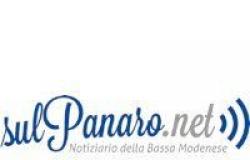Currently the pharmacy receipt has become “talkative” because it shows the tax code of the interested party. In this way – and automatically – the expenses incurred end up in the taxpayer’s tax drawer, consequently in the pre-compiled of 730. The tax drawer is the reference where to find the pharmacy receipts online, on the Revenue Agency website. But there is still one question to answer: should pharmacy receipts be kept for the 730?
What is the talking receipt?
In 2007 the innovation of the speaking or descriptive receipts in pharmacies, which provide valuable details for accounting and tax returns. These receipts include essential information such as the type, quantity and nature of the product purchased, as well as Tax ID code of the taxpayer.
The talking tax receipt is essential for the tax deduction for healthcare expensesto monitor healthcare expenses and take advantage of the tax deductions provided, while semi-talking receipts can have useful applications, such as for prize competitions.
How much can you recover from pharmacy receipts?
In Italy, medical expenses, including drugs purchased in pharmacies, can be deducted from taxes as tax deductions. However, they exist limits and conditions specifications that must be met to benefit from this deduction.
The tax deduction relating to healthcare expenses amounts to 19% of the annual total, provided that a minimum threshold of 129.11 euros is exceeded. I am a wide range of products are deductible, including drugs with or without a medical prescription, homeopathic, galenic, phytotherapeutic products and also products for veterinary use. Among the important information regarding the recovery of pharmacy receipts for tax purposes in Italy are:
- Deduction of medical expenses: Medical expenses, including those incurred for the purchase of prescription or over-the-counter medications, can be deducted from personal income tax (IRPEF) in Italy. This means that you can deduct a portion of your medical expenses directly from your income tax.
- Deduction limits: There are maximum deduction limits for medical expenses that can be deducted from your taxes. The maximum deduction limit varies depending on the type of expense and the personal conditions of the taxpayer.
- Required documentation: to benefit from the tax deduction on medical expenses, it is necessary to keep the tax documentation, including pharmacy receipts, which certify the expenses incurred. This documentation may be required in case of tax audits.
- Declaration method: medical expenses must be declared in the tax return (Form 730 or Single Form) presented annually. It is important to declare your medical expenses correctly and include all the information necessary to qualify for the tax deduction.
It is always advisable to consult a accountant or tax expert to obtain specific information on the recovery of pharmacy receipts for tax purposes in Italy. These professionals will be able to provide detailed advice on the tax rules and requirements applicable to medical expenses and tax deductions in Italy.
How to enter pharmacy receipts into 730?
Thanks to the presence of the talking receipt, the expenses in the pharmacy automatically end up in the tax drawer of the taxpayer. In this way the data will be acquired directly during the formulation of the Pre-populated 730 form. With this, the pre-populated 730 solves the problem of lost pharmacy receipts.
In any case, the pharmacy receipts for 730 go preserved with a control function, both in the case of cash and debit card payments. When you use the help of a professional to fill out the 730, it is a good idea to present the pharmacy receipts for the expenses incurredso as to be able to proceed with a direct comparison with the declarations obtained from the tax drawer and highlight possible discrepancies.
What happens in the event of a documentation discrepancy?
Correspondence or discrepancy between the documentation provided by the taxpayer and the expenses reported in the pre-compiled declaration influence the process of preservation of documents by the CAF or the professional in charge.
If there is correspondence between the documentation provided and the expenses reported in the pre-compiled declaration, the CAF or the professional must not keep further documents relating to healthcare expenses.
However, in case of discrepancy between the documentation provided by the taxpayer and the healthcare expenses indicated in the pre-compiled declaration, the amount of healthcare expenses must be adequate and correct. In this situation, the CAF or the professional in charge is required to acquire and maintain expense documents (such as receipts and invoices) not included in the pre-compiled declaration or whose amount has been changed.
In the event of a discrepancy, in addition to preserving the expense documents, the Caf or the professional must also acquire and preserve the detailed statement of healthcare costs reported in the pre-compiled declaration, available in the Health Card System. Furthermore, the taxpayer is required to provide a declaration attesting conformity of the health expenses reported in the pre-compiled declaration compared to what is present in the health card system.
Therefore, the preservation of documents depends on the correspondence or discrepancy between the documentation provided by the taxpayer and the expenses reported in the pre-compiled declaration, with particular attention to the correct adjustment of expenses and the documentation required in case of discrepancy.
Tags: Pharmacy receipts tax drawer idealistanews






